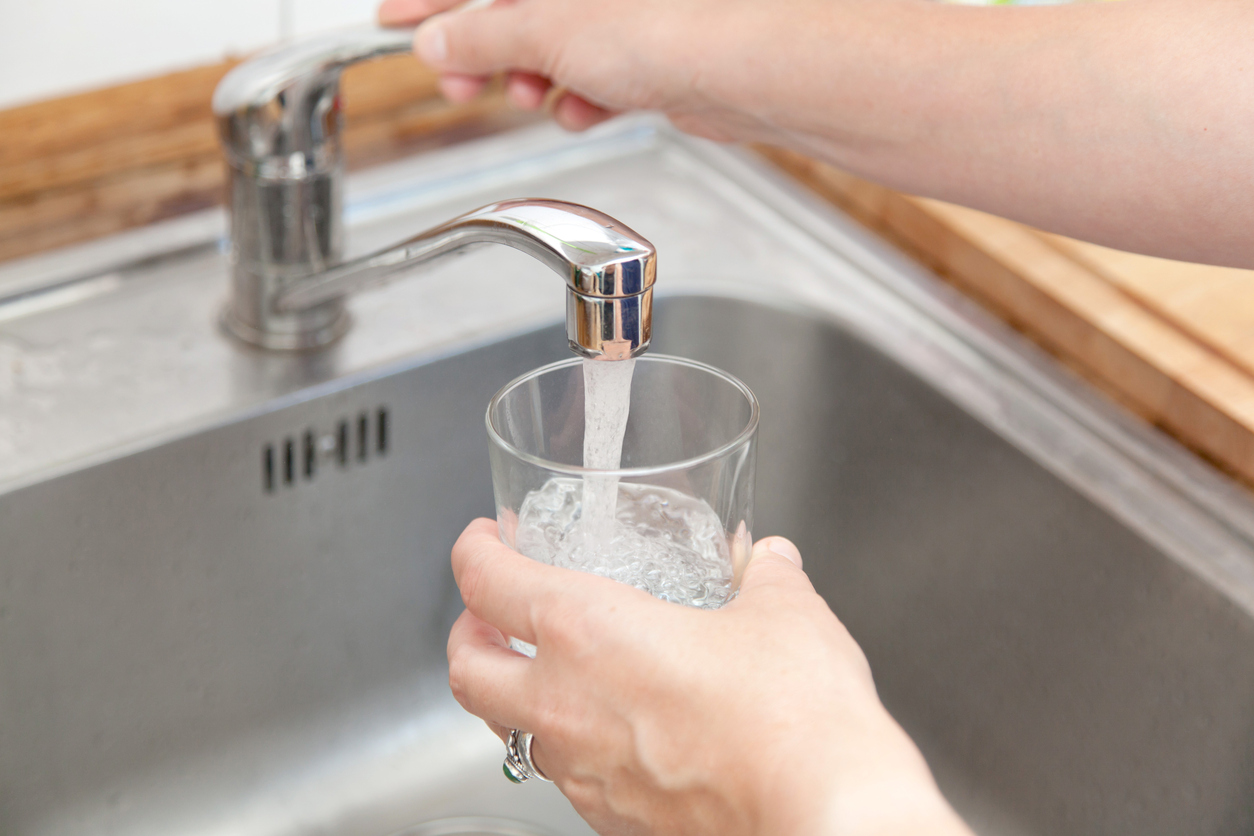The New Zealand Government has been urged to implement the water supply reforms recommended by the Havelock North Drinking Water Inquiry.
Following a widespread outbreak of gastroenteritis in August 2016, testing confirmed the presence of E. coli in the Havelock North water supply. By 21 August 2016, there were 168 confirmed cases and 355 suspected cases of illness, with estimates that more than 4500 people had been affected.
 The contamination led to the government launching an inquiry to determine the cause, whether all parties in drinking water supply chain met their obligations, and what needed to be done to prevent an outbreak reoccurring.
The contamination led to the government launching an inquiry to determine the cause, whether all parties in drinking water supply chain met their obligations, and what needed to be done to prevent an outbreak reoccurring.
The second stage of the Havelock North Inquiry was released this month; it found more than 700,000 kiwis may be drinking water that is "not demonstrably safe".
Water New Zealand Chief Executive John Pfahlert says the Inquiry identified systemic problems in the regulation and supply of safe drinking water, and the need for major reform.
“Unless there are significant changes to the way drinking water is regulated, there is a serious risk of another contamination outbreak on the scale of Havelock North,” Pfahlert says.
“We support the Inquiry recommendation that the government create an establishment unit to oversee the creation of a new drinking water regulator."
The report identified recommendations to prevent future incidents, including the need for mandatory treatment of drinking water and the establishment of a compulsory training and qualification system for water suppliers and operators.
Pfahlert says this reform would enable the broad range of recommendations outlined in the Inquiry report to be implemented more effectively and efficiently.
“We simply cannot afford to have another water contamination event such as occurred in Havelock North," he says.
“The outbreak resulted in many unnecessary cases of illness including loss of life, which has been tragic for those affected and their families. It has also tarnished our international reputation.
“Experts from around the world are now watching very closely to see how we respond to these findings.
“The inquiry has addressed all the key issues that have been concerning many in the sector for some time.
“It has produced a very thorough and well considered report. The inquiry asked the right questions and has come up with the right answers.
“We would urge that the government implement the recommendations without delay because, if it does not, there is a serious risk of another similar contamination outbreak.”
Christchurch City Council's General Manager of City Services, David Adamson, says he fully supports updating legislation around potable water, the New Zealand Herald reported.
He added that if the government decided it wanted all New Zealand drinking water treated urgently, it would have to consider supporting local authorities, businesses and individuals in the process.
The Inquiry's main recommendations include:
- Water across New Zealand should be universally treated, including a residual disinfectant in the reticulation
- A dedicated, independent and well-resourced drinking water regulator to be established
- Water suppliers should be licensed
- The Ministry of Health to put in a clear enforcement policy for safe drinking water
- The secure classification of bores, which gives a misleading impression to the public they are safe, should be abolished
- DHBs should establish joint working groups responsible for oversight of drinking water safety in their region
- A comprehensive review of design, construction, supervision, operation, inspection, maintenance and renewal of all bores that draw water from the ground